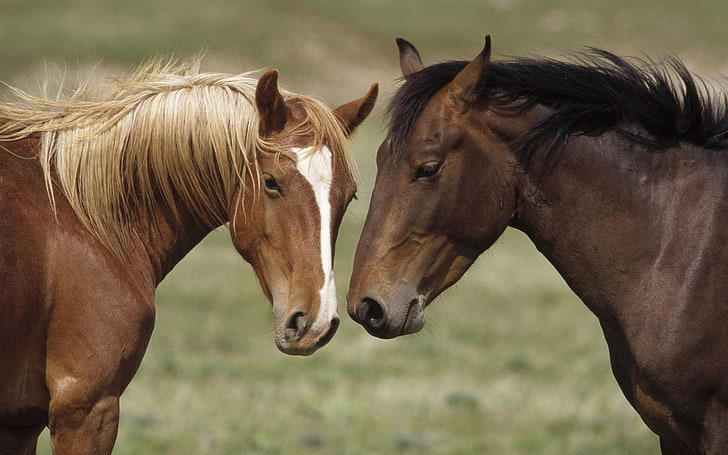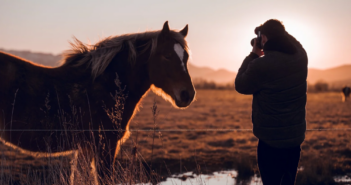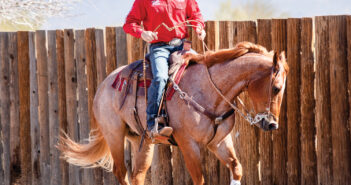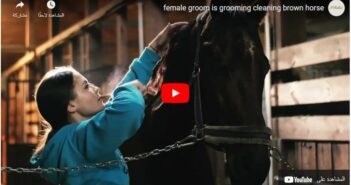by Al Badia
Um, er, what? Great question! What does a horse do in winter, anyway? Well, it depends on the climate, but here are some general things that happen to horses during the winter:
They spend a lot of time eating hay and other food.
Horses’ bodies produce a great deal of heat—more than humans’. This is why they’re always sweating. One way to help them keep warm is to give them something called “hay,” which is like a snack for horses.
In addition to hay, they can eat grass or other types of plants as well. They have to do this because their bodies need food to stay healthy and strong!
If they live in places that have snow, they might be able to dig through it with their hooves and use it as water. That’s pretty cool, huh? (It’s also how they get their water when it’s really hot outside!)
Horses get cold just like people do—except they stay warm by staying really active so their bodies produce more heat. In the summer, though, it’s the opposite: They don’t need as much food or water because it’s warmer out!
Body temperature is 37 degrees Celsius (98.6 degrees Fahrenheit).
The body temperature of a horse can range from about 33 to 39 degrees Celsius (91.4 to 102.2 degrees Fahrenheit).
Horse body temperature fluctuates throughout the year. In the summer, when days are longer and temperatures are warmer, horses have a higher body temperature than in the winter months. This is because horses are quadrupeds and heat is generated in muscles through movement when they are outside grazing and roaming around in the pastures or stables. Eating grass also provides them with adequate nutrition needed for their bodies.
In the winter season, horses tend to move slower because of shorter days and colder temperatures, which means they will not produce enough heat from their bodies even with exercise. They may be more likely to develop colds or respiratory infections during this time of year as well as suffer from hypothermia if they aren’t properly protected from the elements.





